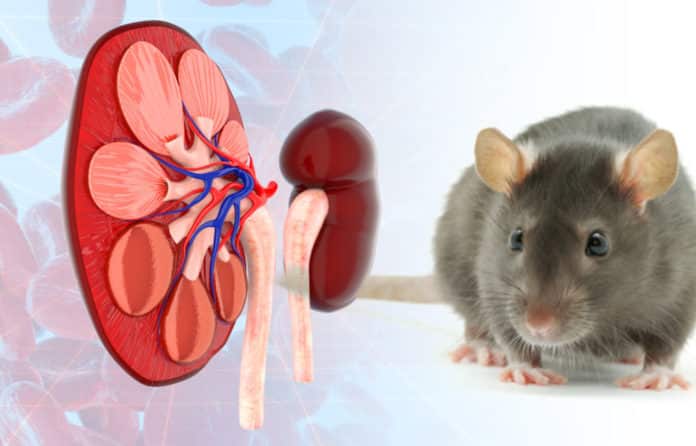Scientists A Step Closer In Generating Made-To-Order Human Kidney
In a breakthrough study, researchers from the National Institute for Physiological Sciences, Japan have successfully grown fully functional mouse kidney using few donor cells inside rats. This discovery may aid in significant developments in the field of human organ transplantation. The findings of the research are published in Nature communication Journal.
Patients suffering from an end-stage renal disease often cannot opt for a kidney transplant which is the only permanent solution in this scenario, owing to a global chronic shortage of donor’s kidneys and it’s heavy on pockets too. In the US alone almost 95,000 patients are on a wait list seeking for a donor’s kidney.
Multiple research studies are being conducted on a large scale worldwide for growing organs outside the human body. Blastocyst complementation is one such method used which has shown promising results. In this procedure, blastocysts are taken from a mutant animal devoid of a specific organ and are then injected with stem cells from a normal donor irrespective of the species. The stem cells then tend to differentiate leading to the formation of the missing organ. Since the new organ retains the characteristics of the original stem cell donor
, it can be further used in the transplantation process.The lead author of the study conducted in Japan – Teppei Goto said that their team had previously used the blastocyst complementation method to generate rat pancreas in an apancreatic mutant mice. Based on these grounds they further experimented if the same can be used to grow a functional kidney, which would have a greater application in regenerative medicine owing to the high donor demand.
Earlier attempts of growing rat kidneys by other researchers failed as the stem cells induced did not differentiate into two types of key cells required for kidney formation. However, on reversing positioning the models, mouse stem cells efficiently differentiated within rat blastocysts, forming the basic structures of a kidney.
Pseudo-pregnant rats were implanted with the complemented blastocysts and it developed into normal fetuses with more than two third of the rat neonates contained a pair of kidneys derived from the mouse stem cells. Upon further analysis, the developed kidneys were found to be structurally intact and half of it could produce urine.
Corresponding Author of the study – Masumi Hirabayashi said that their study confirms that blastocyst complementation is a feasible & efficient method for developing kidneys. This approach can be further utilized in future to develop a human stem cell-derived organs in livestock which could improve the lifespan of people suffering from renal diseases.






























